The drumbeat of bad news coming from the UK’s car industry in 2019 is becoming deafening.
Jaguar Land Rover is cutting 4500 jobs, Honda is set to close its long-established Swindon plant, Nissan has reversed plans to build the next X-Trail SUV in Sunderland, and Ford will axe up to 1000 jobs at its engine plant in Bridgend.
Last year, there were significant job cuts at Vauxhall’s Ellesmere Port plant and Nissan’s Sunderland factory, while Toyota’s Derbyshire plant lost the Avensis.
The danger is that Britain’s car industry isn’t just reversing its recent production gains, but it’s going into terminal decline.
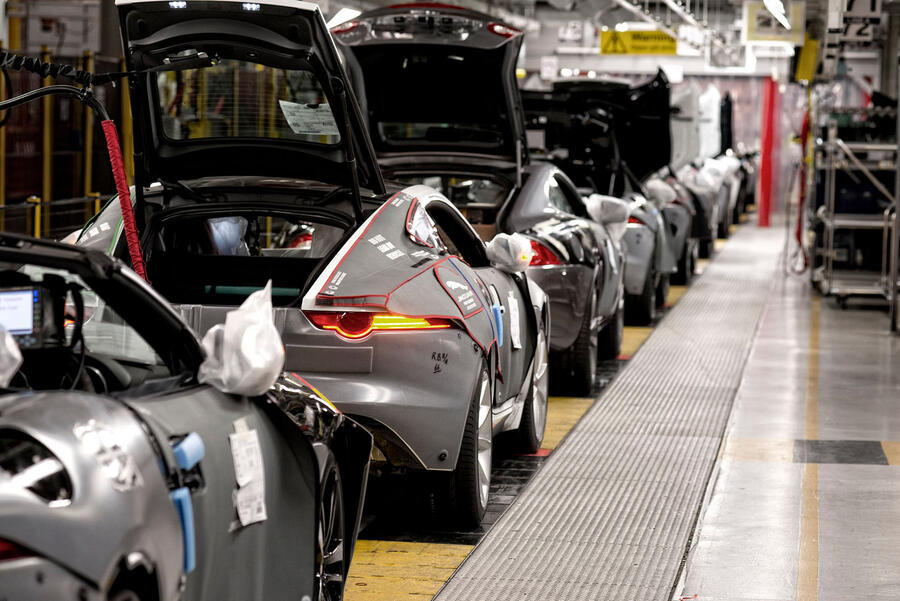
The job cuts and model deletions are being blamed on a toxic brew involving cratering demand in China, a slump in diesel sales and changing investment priorities as car makers scramble to react to global trade turmoil and looming new technologies. And bobbing up in the whole debate is Brexit.
Nissan’s Nissan X-Trail reversal led national news bulletins because the announcement to install the model, just after the referendum in 2016, was hailed as an example of how Britain would shrug off Brexit and continue to attract investment. Nissan’s decision throws doubt on that belief, especially given the UK government offered Nissan a £61 million sweetener.
As the UK lurches blindfolded towards the 29 March end date of its membership of the EU, the Society of Motor Manufacturers and Traders (SMMT) has repeated its belief that leaving the EU with no deal would be “catastrophic” for the car industry.
Figures collated by the SMMT on investment into the UK car industry show a collapse from an average of around £2.5 billion a year to just under £600m in 2018 as the industry sits on its hands, waiting to see what will happen. “If it’s ‘Project Fear’, then we’re doing a good impression of it being a reality,” SMMT chief executive Mike Hawes said.
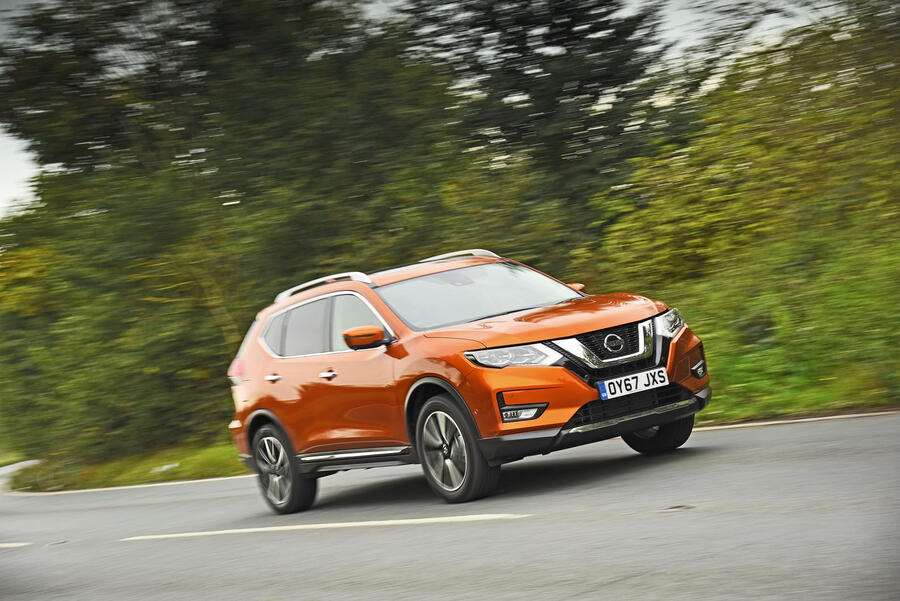

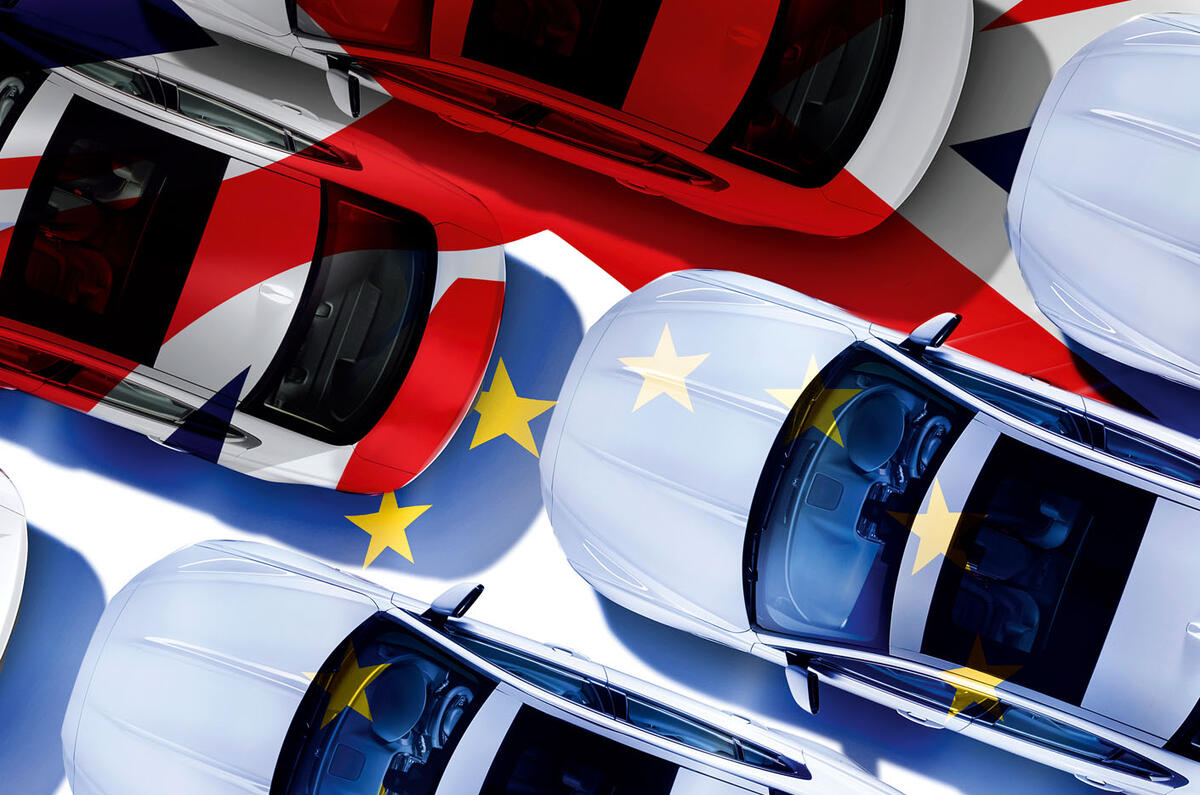
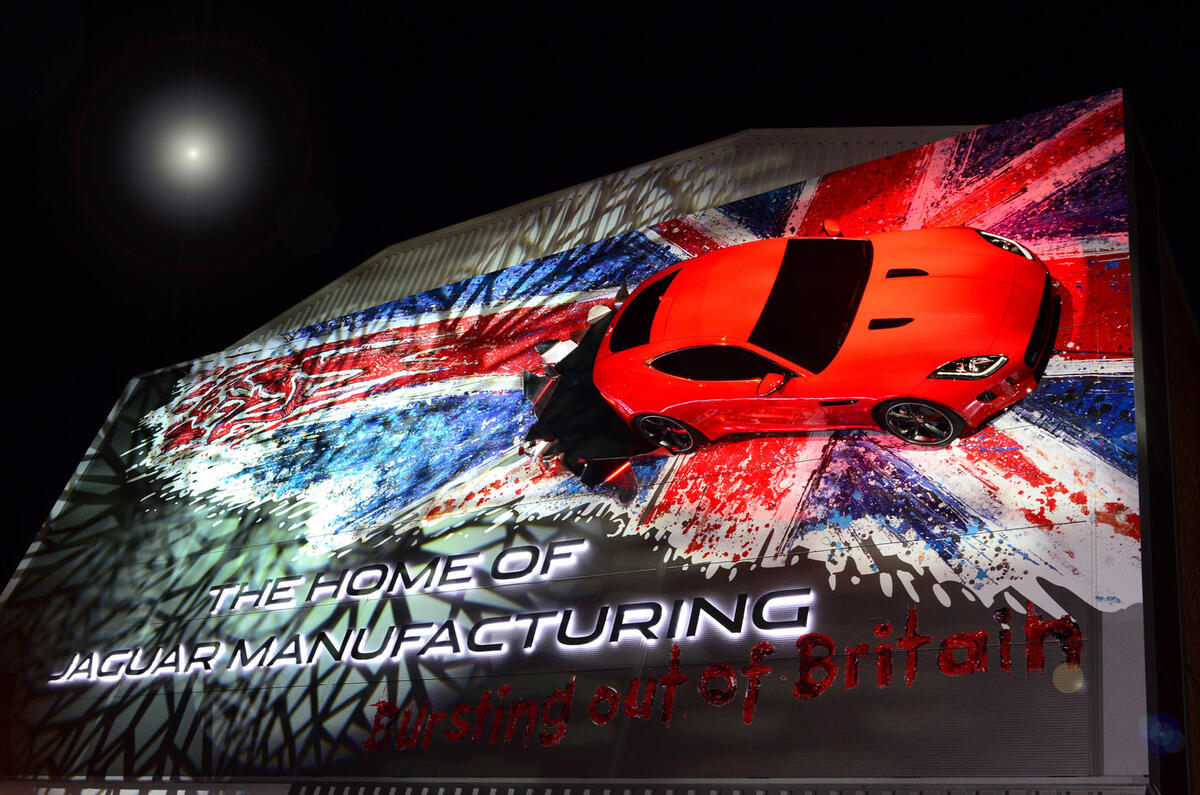
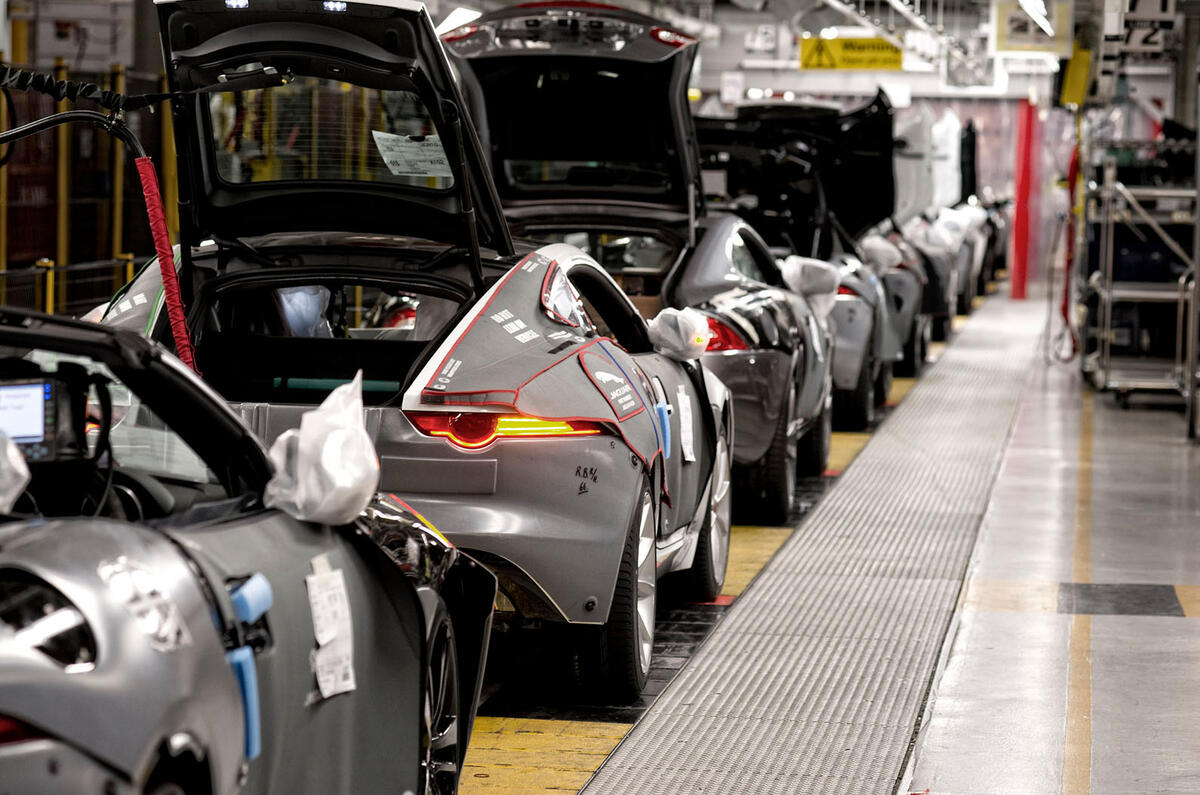

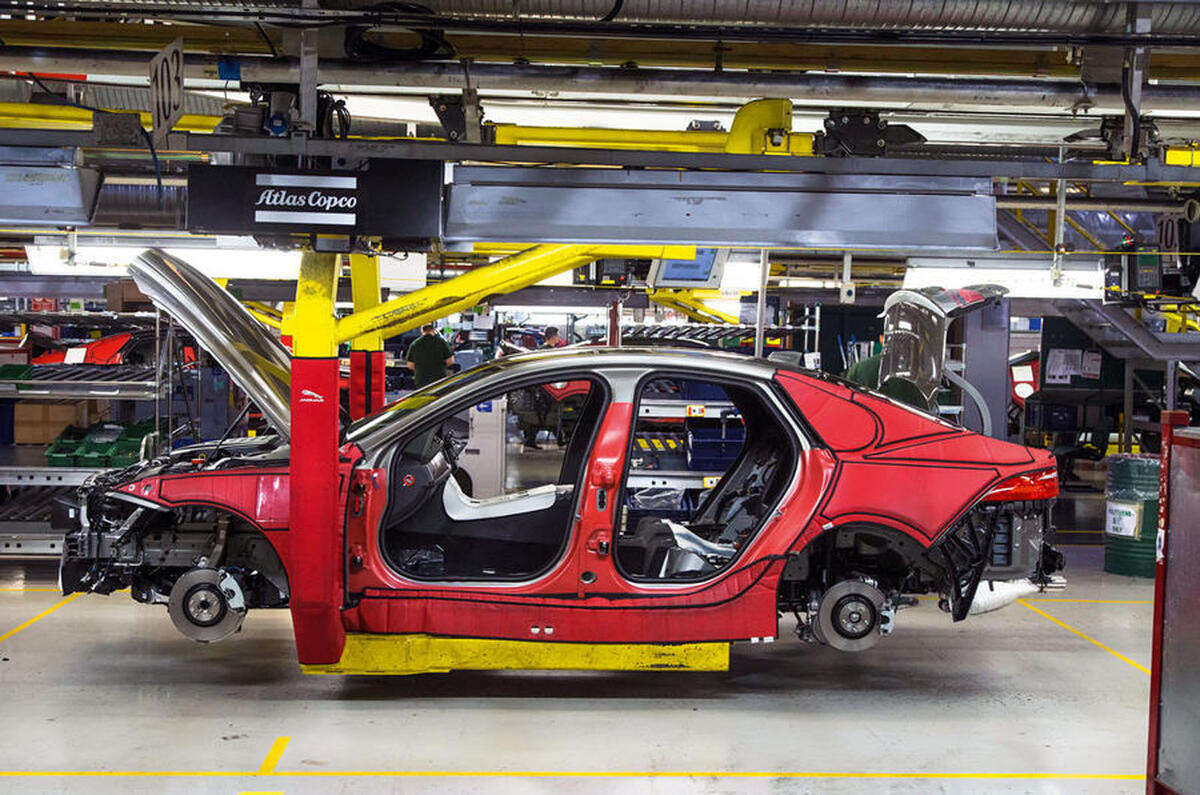
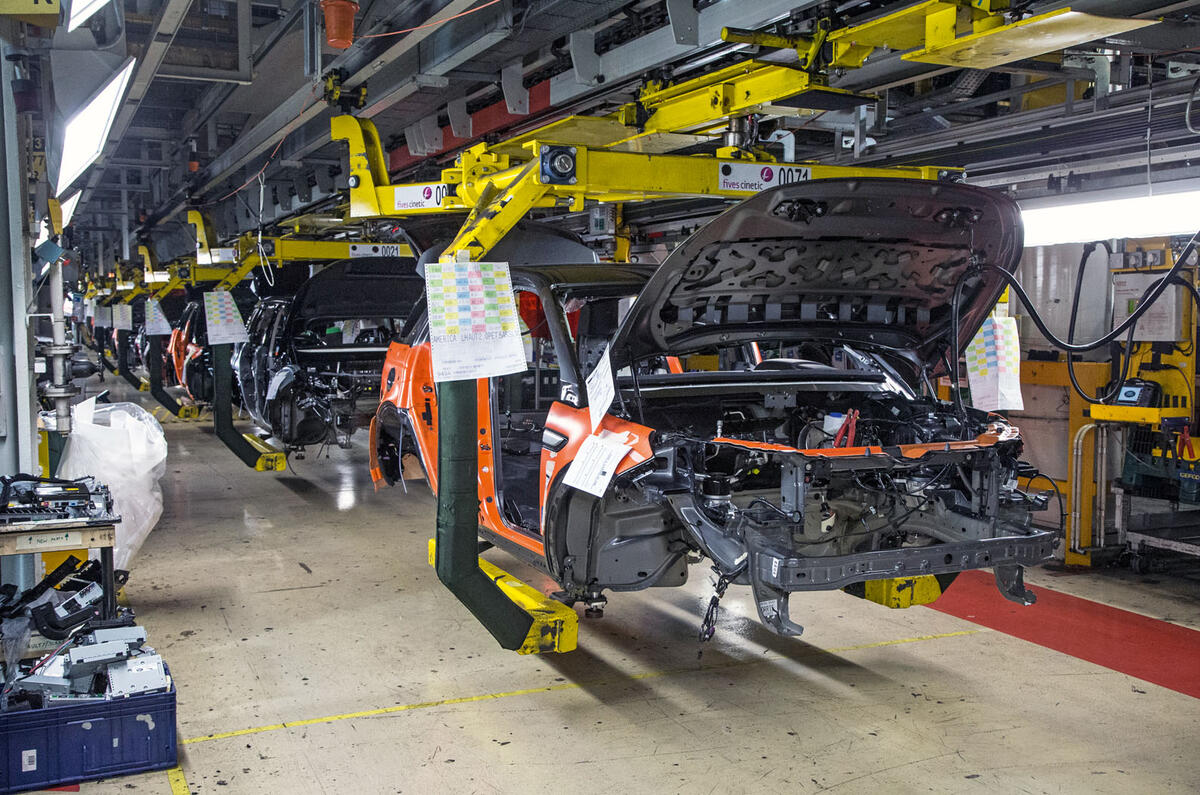
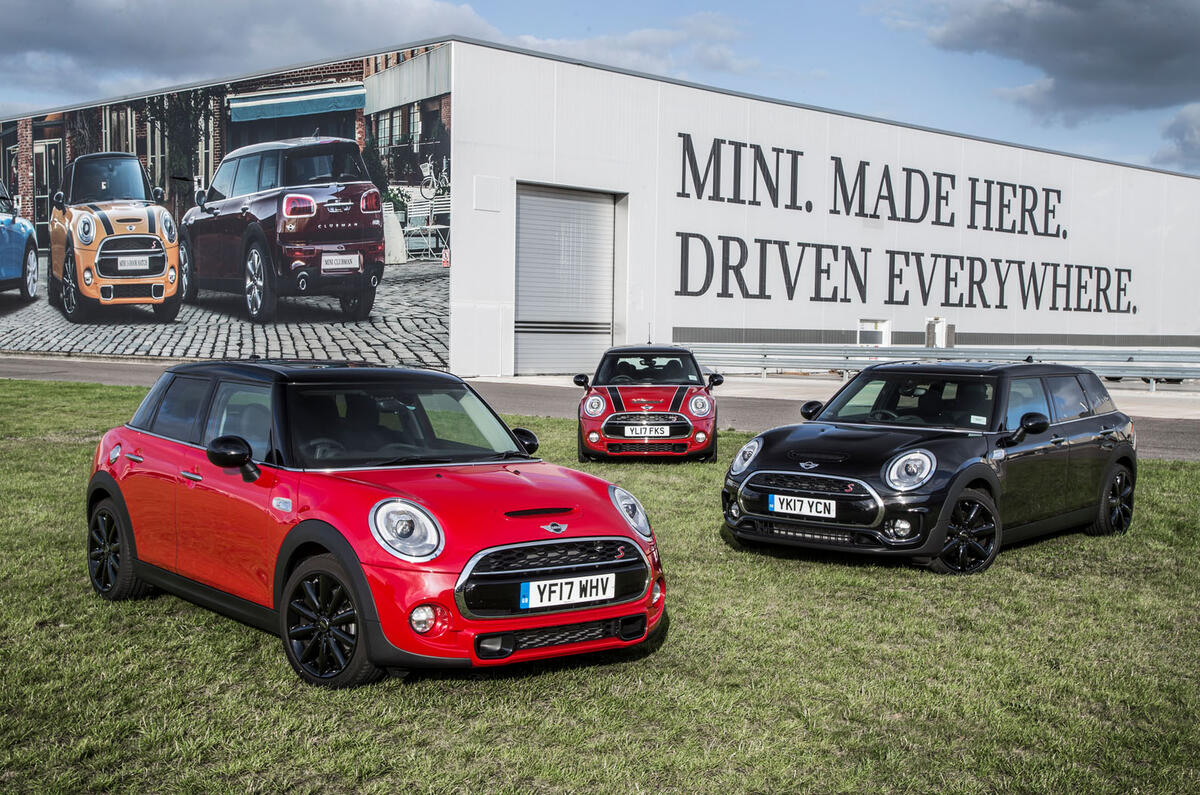
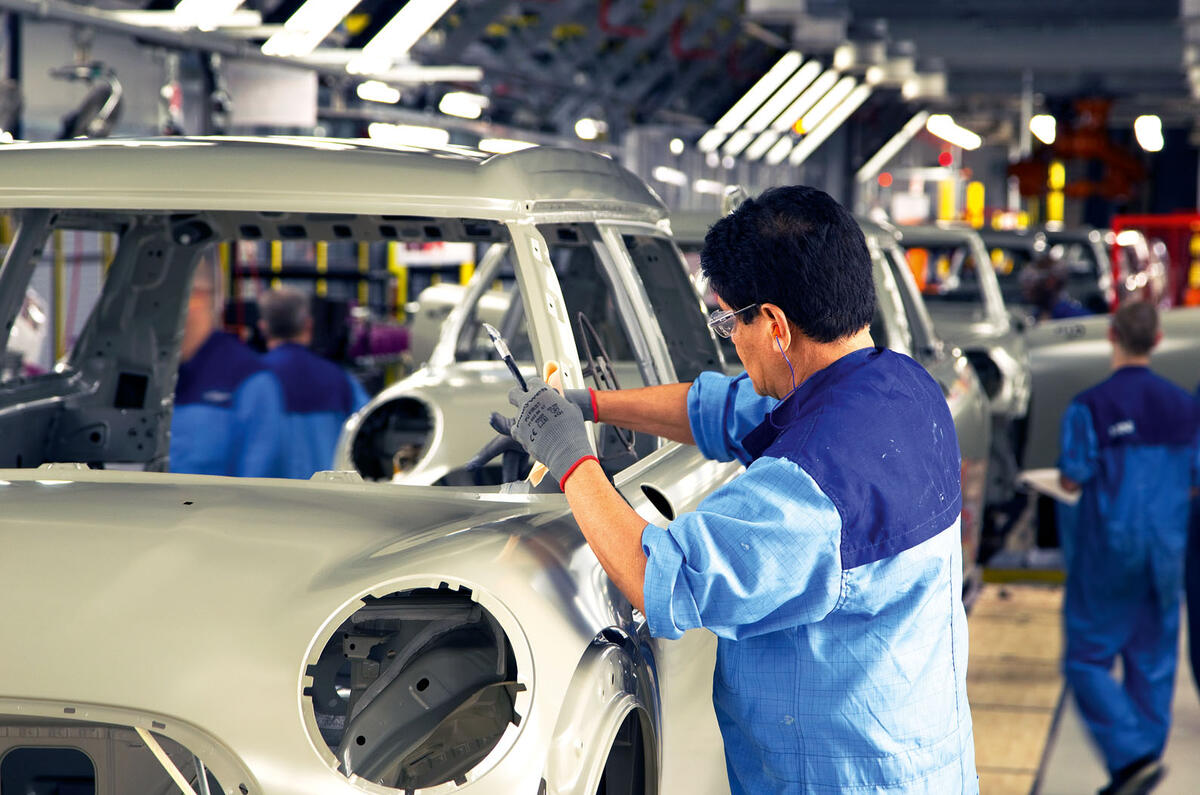
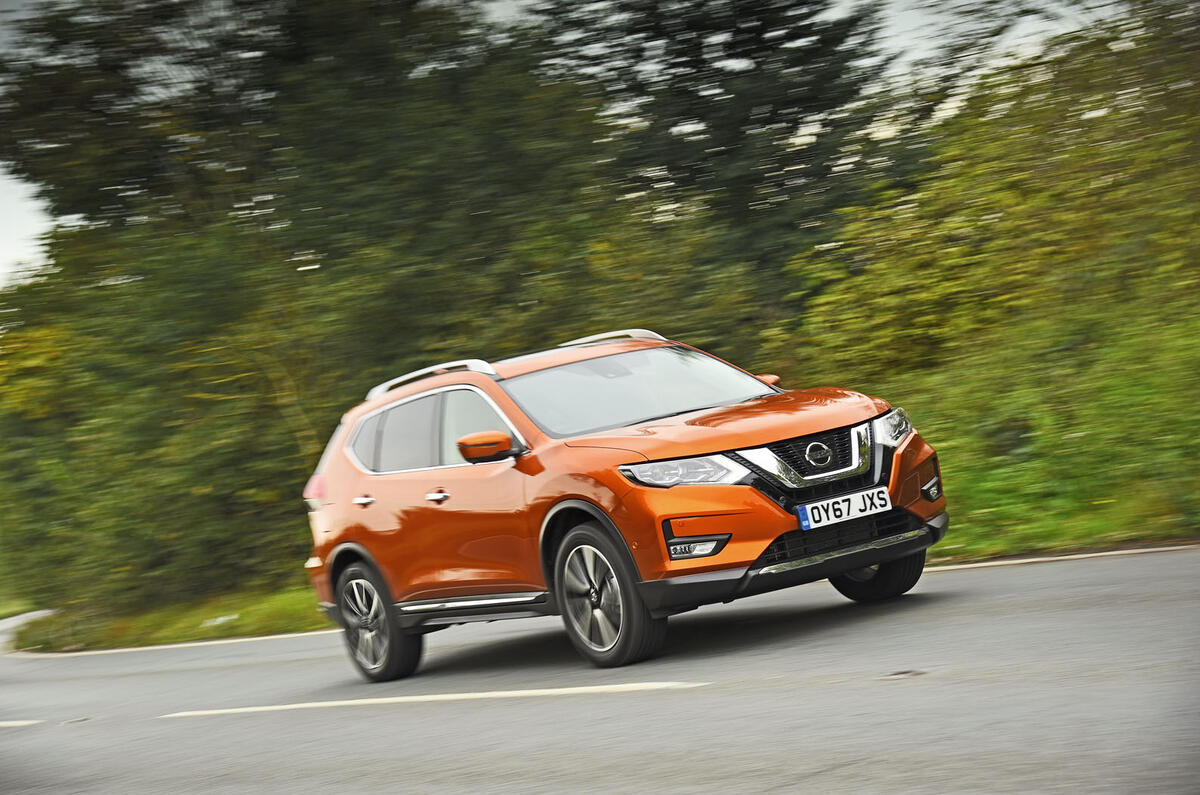


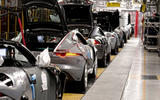

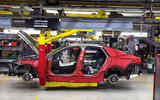
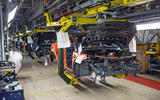




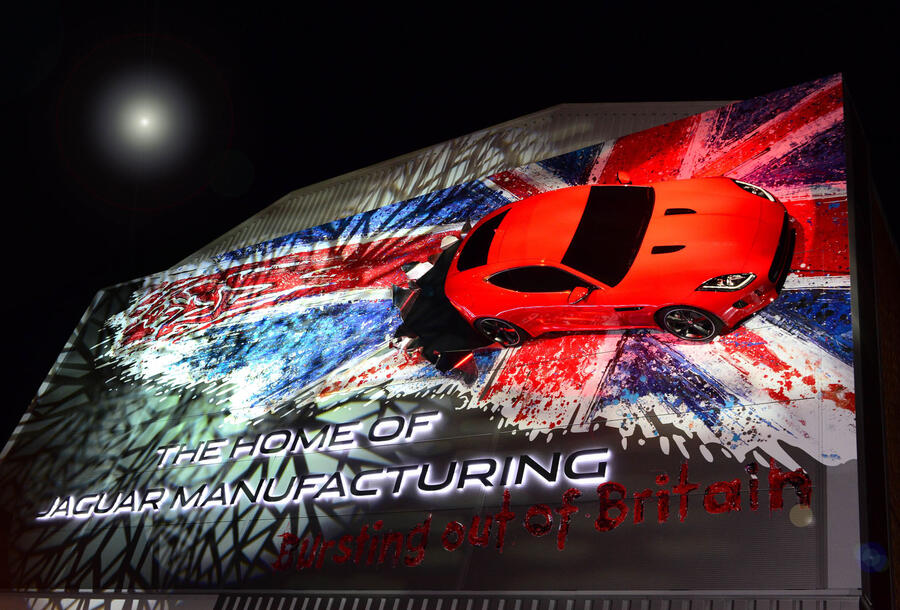
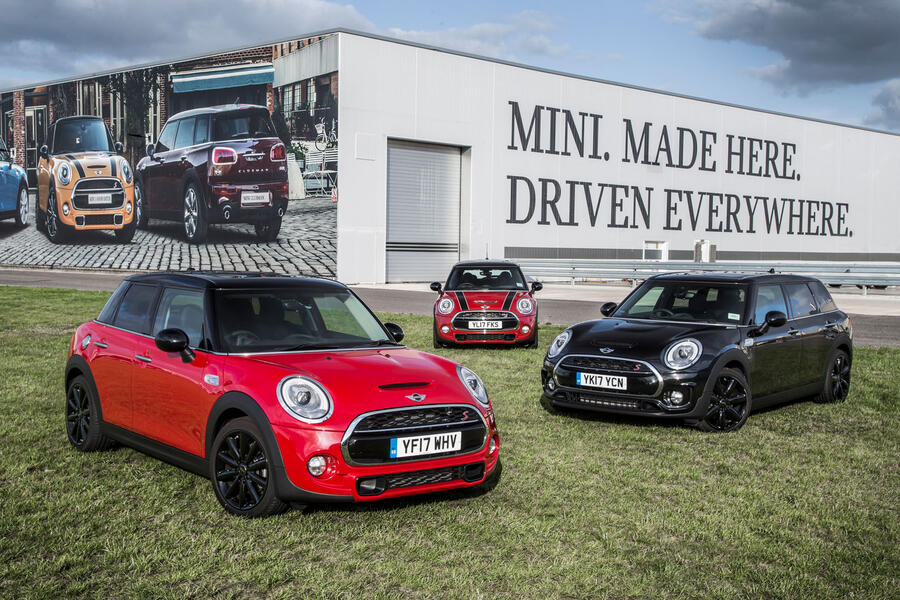

Join the debate
Add your comment
Why did Dyson see the future in Singapore?
This article demonstrates typical constrained, change adverse, backward thinking, a condition that seems to have afflicted many UK journalists, robbing them of their critical faculties.
For all the bluster about flexible workforce, “great universities” mentioned here, the big point is we have no car businesses beyond the niche players of Morgan and McLaren.
We seemingly can’t own and run successful businesses that make cars, we are simply hosts to a few factories for the tax convenience of their owners.
Clearly there’s something wrong when a UK entrepreneur decides to build his forward thinking electric car in Singapore. Understanding why Dyson is doing that and why Jaguar’s only token electric car is produced in Austria is an avenue for real investigation.
There is a car industry on Great Britain only for EU access
Think about it: the British car industry was in shambles and a new beginning occurred only after GB entered the EU. For the mass market cars, the duty free access to the EU's internal market is essential.
2nd: All of the car industry (finished cars) on the island is foreign owned (except Morgan).
3rd: They are all part of a continent-wide integrated production process which relies on just-in-time deliveries of basic parts and half finished assemblies, which is being broken by customs checks.
4th: The japanese manufacturers can withdraw to Japan, since recently the Japan-EU Free-Trade agreement went ino effect, which allows duty-free car exports to the EU.
5th: The worst off is Ford which produces only engines on the island which are all shipped to the assembly plants on the continent (and some to JLR on the island). Should there be a tariff border, it would make no sense for Ford to keep up producing on the island.
6th: While Nissan rushed to 10 Downing Street after Ms. May coup d'état, to explain the need for the single market, overall the car industry owners did not dare to spell out loud that crashing out of the EU would destroy the basis for a British car industry.
A "catalyst for a turnaround"?...
Could be. But hanging on to the car brands that are about to deinvest, will not bring back what was once a proud automotive-industry heritage. There is hope. There is way more to personal transit than manufacturing cars that haven't quintessentially changed in maybe four-firve deaces. Changing conditions (incl. Climate Change) challenge us to come up with new ideas. "For whom the bell tolls?"